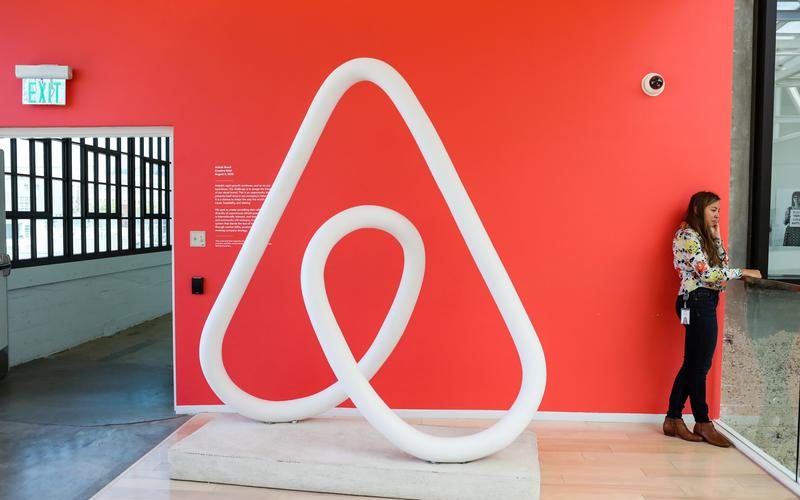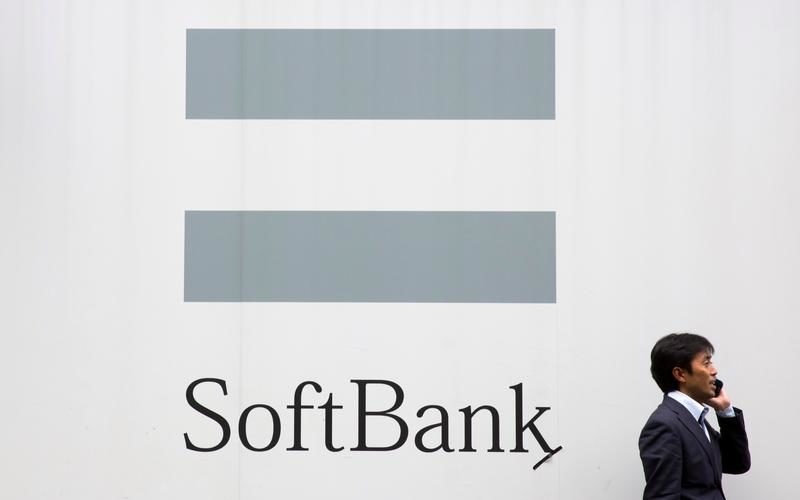BY LIAM PROUD
Breakingviews calculator: How much cash will WeWork burn?
Pity Adam Neumann. Mere months ago the WeWork co-founder’s bankers touted a $65 billion public-market value for the office sublessor’s parent, according to news reports. Now his biggest backer, Japan’s SoftBank, is urging him to scrap an initial public offering that may peg The We Company’s worth at less than $20 billion, according to the Financial Times. The problem is that WeWork may not last long without the proceeds of an IPO.
SoftBank and its affiliated Vision Fund have pumped almost $11 billion into Neumann’s company. It has probably marked up those holdings, having invested most recently at a $47 billion price tag. Writing the shares down by more than half after a cut-price IPO – and perhaps also being heavily diluted by newly issued shares – would be embarrassing for Chief Executive Masayoshi Son while he is raising Vision Fund 2.
For WeWork, however, a non-listing could be disastrous. Neumann’s fast-growing business relies on having a huge pile of cash to spend on office refits, couches, beer taps and the like, as well as on deals to bring in new tenants. Last year sales more than doubled to $1.8 billion. But negative operating cash flow and hefty capital expenditure dragged free cash flow to minus $2.2 billion.
Neumann needs IPO proceeds of at least $3 billion to unlock bank credit of up to $6 billion, according to the company’s IPO filings. He had nearly $2.5 billion of cash on hand at the end of June, but at WeWork’s breakneck pace of investment that won’t last long.
Even with $9 billion more available, he may run out of cash within five years, according to a new Breakingviews calculator. Assume revenue growth declines to 30% by 2023 from just over 100% last year, and that operating cash flow matches profitable peer IWG’s 19% of revenue by the same date. Finally, assume Neumann reduces capital expenditure as a percentage of revenue to IWG’s 17% from WeWork’s 113% in 2018. WeWork will still incinerate $15.4 billion of cash from 2019 to 2023. That leaves a $4 billion shortfall even after allowing for IPO and debt proceeds – and that’s a generous set of assumptions.
Could SoftBank plug the gap if an IPO doesn’t happen? That’s unlikely, since the Vision Fund’s investors vetoed a bigger investment last year, and even Son’s parent company probably can’t cough up more than $10 billion. WeWork looks to be incinerating cash faster than it can be replaced.
First published Sept. 10, 2019


